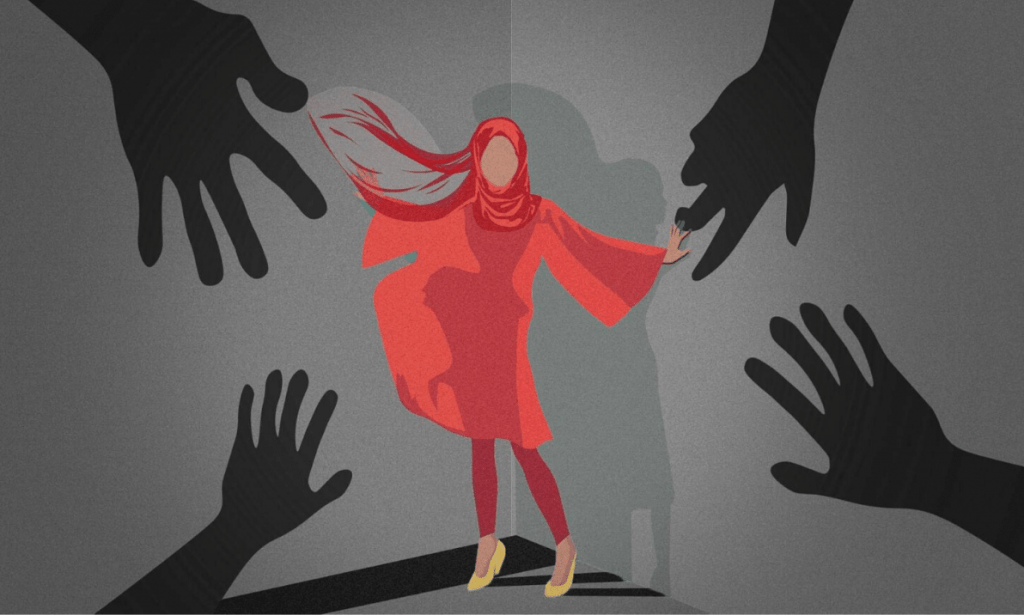In Egypt, sexual harassment, assault and violence against women are almost ingrained in our culture, an ongoing problem that goes back farther than most are aware. Rulers, religious institutions, and governments have introduced laws in what are often half-hearted attempts at addressing the issue, with slight changes and amendments made every so often, but rarely with any change taking place in practice.
In a recent win for the country’s women, the Egyptian cabinet amended the current law to provide increased protection and ensure the confidentiality of the identities of sexual assault victims, encouraging more women to speak up and without fear of the consequences.
Crime and punishment, from ancient to modern
Laws that criminalize rape have existed since ancient times, but as for sexual harassment, the term itself only came into use in recent years. In Islam, rape is a serious sexual crime. And since Egypt is a Muslim country, Islamic Sharia is its main source of legislation, which criminalizes rape and has strict punishments for it.

In ancient Egypt, rape was punishable by death. And if the offender was a foreigner, he might be lucky enough to be exiled. Men who were guilty of rape were often castrated. During Ottoman rule, rape was a common occurrence in the lands governed by the Ottoman sultans, which for a long time included Egypt, but it was criminalized under both Sharia law and the laws of the sultanate.
In modern Egypt, however, laws protecting women were rare, and often not in her favor. In 1999, Article 291 of the Egyptian penal code was repealed. The article was basically a marry-your-rapist law, stating that if the criminal marries the girl he assaulted, in a legally-recognized marriage, no punishment will be placed upon him; the girl or woman had little to no say and was often pressured to agree so as not to bring dishonor on herself and her family. In a culture where the victim is blamed and shamed while the offender remains faultless, this law, which was originally adopted in 1904, was seen as ideal by many, as disturbing as that is.
Feasts, national holidays, and crowded events have often been a hotbed for mass sexual assault on women, such as the famous “Ataba Girl” in the early 1990s, and later again during Eid in 2006 and 2008.
Following the 2011 revolution, several campaigns and initiatives were launched with the aim of tackling sexual harassment. In 2014, a new law was passed to criminalize sexual harassment in the form of gestures, words, and actions, for the very first time, with a minimum sentence of 6 months in prison and a fine of EGP 3,000.

There have been several studies on the number of women who have been sexually harassed or assaulted in Egypt, but we believe it’s countless because almost every woman has experienced some form of harassment, even if only verbally, at least once in her life. Nonetheless, discussion often triggers change, even if it’s slow, and the conversation taking place is an important step in the right direction.
Around 20 years ago, sexual assault was not a topic that was publicly discussed, even privately, it was rarely spoken of. Today, it’s the only topic people are talking about. With more and more people fighting to make Egypt’s streets safer and more comfortable for women, and with stricter, more protective laws being introduced, and hopefully implemented, we will surely get there. But we must stand together, we must support each other.



